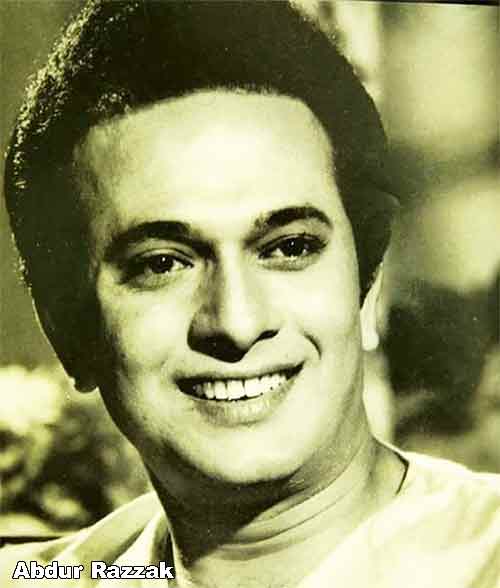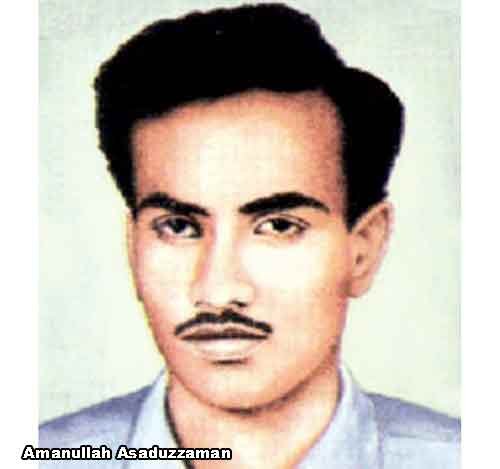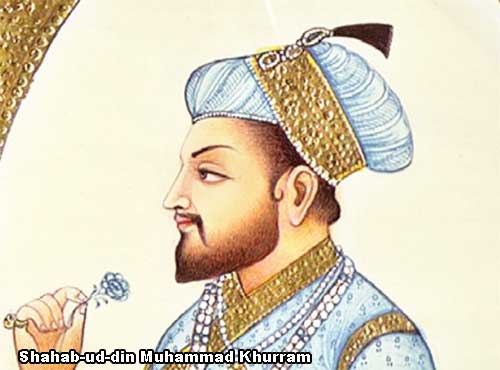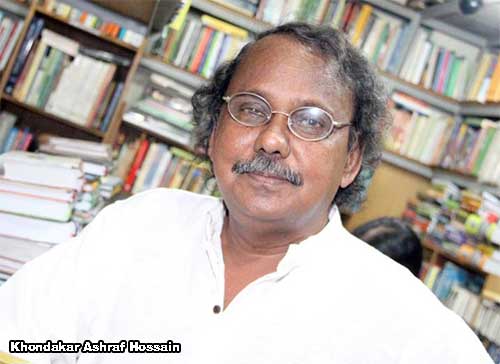
Abdur Razzak, affectionately known as "Nayak Raj Razzak," was a legendary Bangladeshi actor and film director who redefined the country's cinematic history. His remarkable journey from a struggling actor to becoming the "King of Heroes" left an indelible mark on the Bangladeshi entertainment industry.
Early Life and Humble Beginnings
Abdur Razzak was born in Kolkata on January 23, 1942, during the British colonial era. A love for acting marked his early life, a passion that led him to participate in various school and community performances. After the partition of India, his family migrated to East Pakistan (now Bangladesh). This shift brought challenges and opportunities, shaping the foundation for his illustrious career.
Razzak's determination to pursue a career in acting saw him moving to Dhaka, where he initially struggled to find his place in the burgeoning Bangladeshi film industry. These early years were a testament to his perseverance, as he worked tirelessly to hone his craft and seize opportunities.
Breakthrough in the Film Industry
Abdur Razzak's rise to fame began with his role in Zahir Raihan's 1966 film Behula. The film showcased his exceptional talent and instantly resonated with audiences. This marked the beginning of his journey as the ultimate leading man of Bangladeshi cinema.
Nicknamed "Nayak Raj" or "The King of Heroes," Razzak became a household name, winning the hearts of millions. His roles often depicted relatable characters representing ordinary people's hopes, struggles, and aspirations. He starred in over 300 films, each a testament to his versatility and unparalleled dedication to his craft.
The Legacy of Nayak Raj Razzak
Abdur Razzak was more than just an actor; he was an icon. His legendary status was cemented not only by his acting but also by his foray into film direction. As a Bangladeshi actor and film director, he shaped the nation's film industry, earning accolades and recognition at home and abroad.
Some of his most memorable films include Rangbaaz, Jibon Theke Neya, Chhutir Ghonta, and Abujh Mon. These movies showcased his ability to perform in diverse roles, from romantic heroes to complex characters. His performances were imbued with authenticity, leaving a lasting impression on audiences.
Awards and Recognition
Abdur Razzak's immense contributions were recognized with numerous awards. In 2015, he was honored with the Lifetime Achievement Award at the National Film Awards in Bangladesh. He also received the prestigious Independence Day Award, the country's highest civilian award.
Beyond the accolades, Razzak's impact on the industry is reflected in how he inspired generations of actors and filmmakers. His dedication, humility, and passion for storytelling continue to be celebrated by fans and colleagues.
The Inspirational Figure of Bangladeshi Cinema
Abdur Razzak's influence extended beyond the silver screen. He was a beloved cultural figure who played a pivotal role in defining the identity of Bangladeshi cinema. Known as the "King of Heroes," he was admired for his ability to connect with audiences on an emotional level.
In addition to his acting career, Razzak mentored young actors and contributed to the growth of the Bangladeshi film industry. He was a beacon of hope for aspiring artists, embodying the message that dedication and perseverance can lead to greatness.
Abdur Razzak Actor and Family Legacy
Nayak Raj Razzak's legacy lives on through his family. His sons, including actor Bapparaj and director Samrat, have followed in their father's footsteps, contributing to the entertainment industry. This continuation of the Razzak legacy underscores his enduring influence on Bangladeshi cinema.
His ability to balance a stellar career with a fulfilling personal life inspires many. He remained grounded despite fame and was deeply respected for his humility and compassion.
Cultural Impact of Nayak Raj
Abdur Razzak's impact as a Bangladeshi actor and film director transcends generations. His films resonate with audiences, offering timeless narratives that reflect Bangladesh's socio-political landscape.
One of his iconic performances was in the powerful political satire Jibon Theke Neya, directed by Zahir Raihan. The movie remains a cinematic masterpiece, symbolizing the fight for justice and freedom.
His influence also extended to fostering unity and cultural pride. Abdur Razzak was a symbol of excellence and a unifying figure in Bangladeshi entertainment, admired by audiences from diverse backgrounds.
Amanullah Asaduzzaman Inspiring Visionary with Unstoppable Achievements
Abdur Razzak's contributions can be likened to those of other visionary figures, such as Amanullah Asaduzzaman, who embodied the spirit of resilience and achievement. Both serve as reminders of how determination can lead to transformative accomplishments in their respective fields.
The Lasting Legacy
Even after his passing in 2017, Abdur Razzak's legacy remains alive in the hearts of his fans and admirers. His contributions to Bangladeshi cinema continue to inspire new generations of filmmakers and actors. He is remembered not only as an outstanding performer but also as a pioneer who elevated the status of the film industry in Bangladesh.
Two decades after his peak, films like Rangbaaz and Chhutir Ghonta are still celebrated for their storytelling and Razzak's unforgettable performances.
Conclusion
Abdur Razzak was not just a Bangladeshi actor and film director; he was a cultural icon who brought stories to life and touched the souls of millions. Known as the "King of Heroes" and "Nayak Raj," his incredible journey reflects the transformative power of dedication and artistry.
#AbdurRazzak #NayakRaj #BangladeshiCinema





